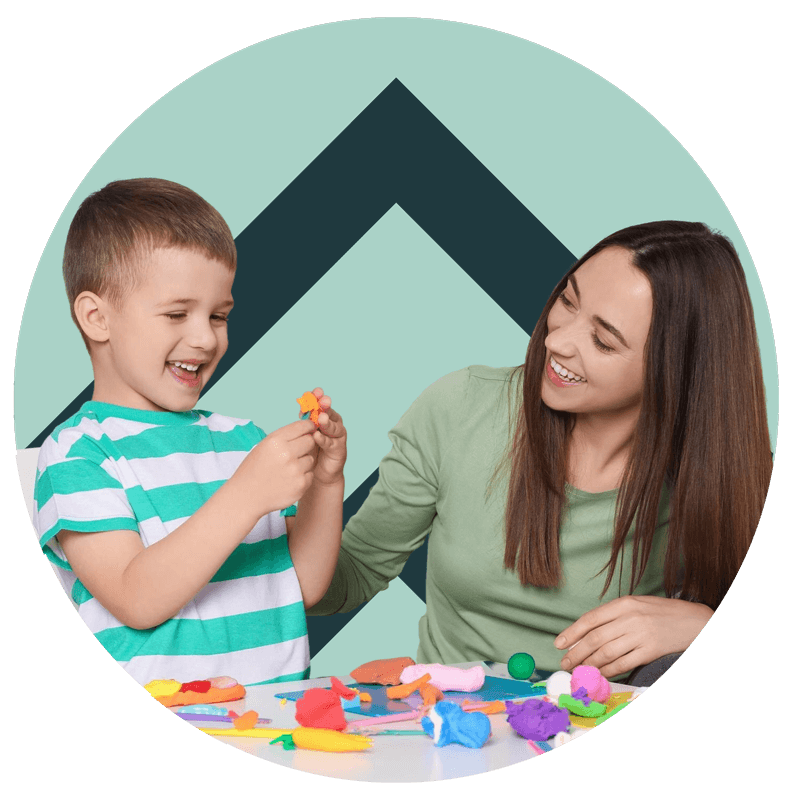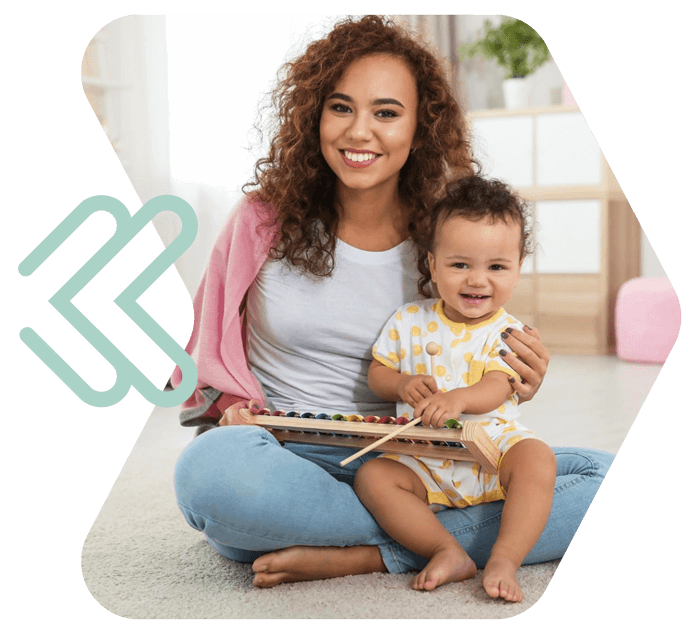
ABA Services
Understanding
the why behind behavior
At Kennedy ABA, we are always seeking out the ‘whys’ of your child’s behavior. Why do supermarket trips always end in meltdowns? Why is the morning routine a daily battle?
ABA is all about studying behavior and using that to pinpoint the roadblocks your child keeps hitting, then break down the steps we need to take to overcome them.

We tackle challenges and transform
lives through
Comprehensive ABA Therapy Services We Offer In North Carolina

Our skilled therapists weave time-tested ABA principles into playful, child-centered sessions. In the comfort of their home ground, your child is more open to learning, as we practice life skills right where they are needed most.
Our team is always available to support you, listening to any concerns, answering questions and offering advice. Plus, you’ll have private sessions with your BCBA to learn ABA techniques and tips to support your child’s progress.
Telehealth Options
We offer parent training and BCBA supervision via telehealth, making scheduling more convenient and ensuring you get top quality autism therapeutic services regardless of your location.
We collaborate with your child’s school when possible, to support your child’s academic development and train their key staff in the ABA techniques that help your child learn.
Specializing in
early intervention
Your child’s brain develops rapidly between the ages of 2 and 6. That’s why starting ABA therapy early gives your child the best chances. Young children learn through repetition and play, which makes them naturally suited for ABA techniques. Utilizing early autism services means we can shape positive behaviors and communication skills during the most flexible period of brain development, giving your child tools they’ll use for life.

Autism services that teach skills for every part of life

Communication
Verbal and non-verbal expression, PECS, alternative communication techniques, using words appropriately, requesting needs and wants, following simple instructions

Daily Living
Following daily routines, table manners, brushing teeth, getting dressed independently, toilet training, completing household tasks


Social Skills
Social awareness, reading body language, interacting with peers, sharing and taking turns, playing with others, developing relationships

Behavior Management
Emotional regulation, replacing challenging behaviors with appropriate ones, managing transitions, coping with changes in routine, self-soothing techniques
Want to see your child master these skills?


